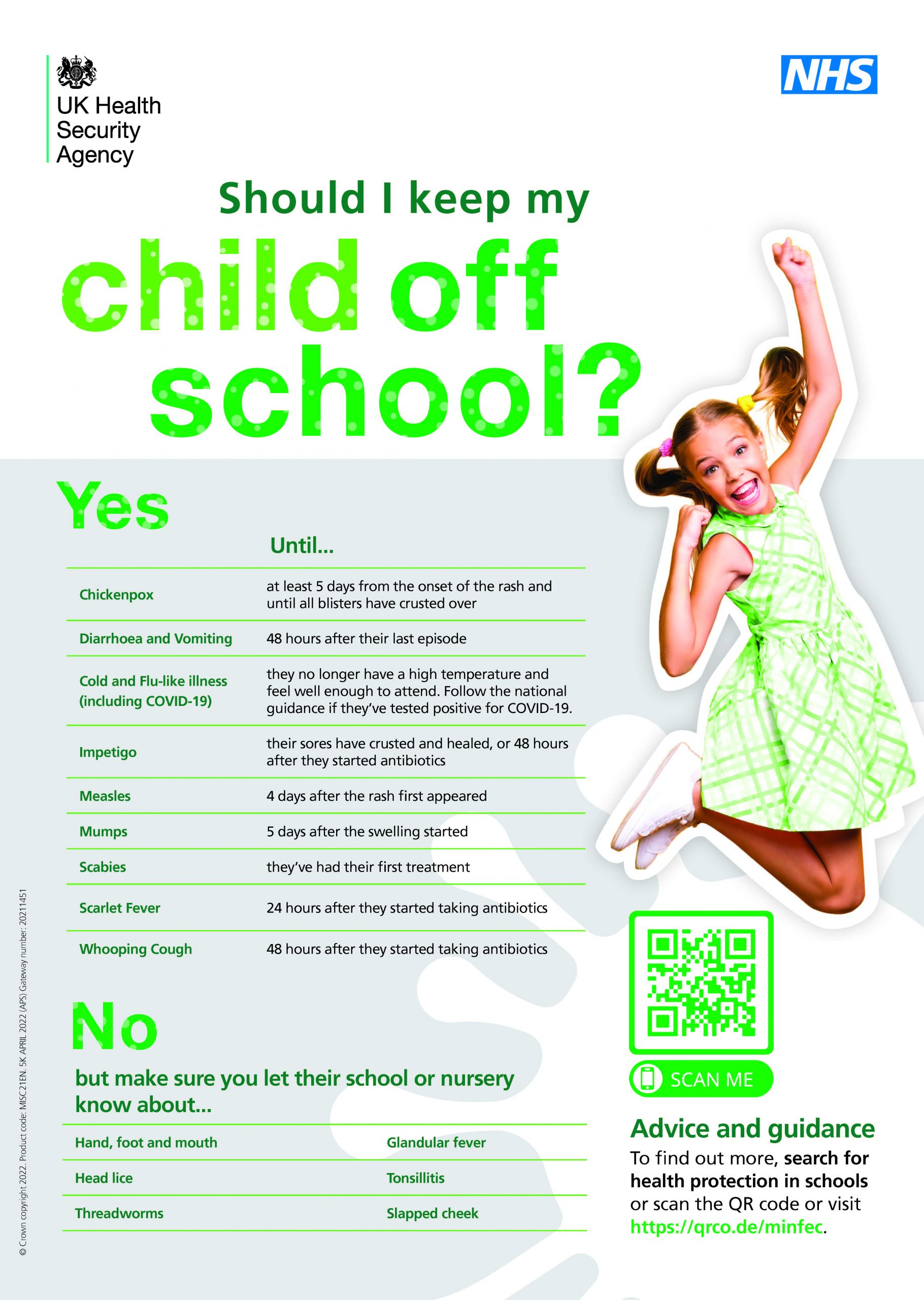Prescription Medication
We would like to inform parents of our requirements for students taking Prescription medication in school. You may have previously consented to Paracetamol (data booklet when your child joins the school), if your child needs to take any other medication please complete the medication form, and ask them to take the medication to the school nurse.
The prescribed medication should only be taken by the named person prescribed by their GP or Hospital Doctor.
All prescribed medication should be in its original box with the pharmacy label on. This medication then needs to be handed to the School Welfare Office. It will be locked away and kept safe for your child to take their medication in the Student Welfare Room at the advised times and dosage required. A record will be kept of each dose given to your child.
Medicines can be harmful to anyone for whom they are not prescribed and we recognise that it is our duty to ensure that the risks to the health of others are properly controlled.
A form will need to be completed for each prescribed medication item.
For further information please read our Medical Welfare Policy.
Students Feeling Unwell in School
Students should not contact home directly if they feel unwell. They must report to the Medical Room (Student Reception), where staff will assess them and contact parents/carers if necessary.
If you choose to send your child to school while they are feeling under the weather, we will assume that you have determined they are well enough to attend, and we will uphold that decision unless their condition deteriorates during the day. In the first instance, appropriate medication will be offered in line with school procedures. Should this not improve their condition, a call home will be made.
Returning to school on crutches or with an injury
If your child has injured themselves and has been prescribed crutches, a cast or a boot from the hospital to help with broken or dislocated injuries, you and your child will be required to come into school by appointment to complete a risk assessment with the school nurse.
This is to ensure that your child will have special adjustments to their day to continue with learning at school and to ensure they are able to move safely around the school.
If this applies to your child, please email Mrs K Jackson and request an appointment.
School Inhaler
If your child has Asthma, we do have a school inhaler that is kept in the medical room for emergency use. If, for whatever reason, your child does not have access to their own inhaler and you would like your child to have use of the emergency inhaler, please complete this Consent Form.
School Autoinjector
If your child has been prescribed an autoinjector for Allergic reactions, we do have a school Autoinjector that is kept in the medical room for emergency use. If your child does not have their spare Autoinjector with them in an emergency and you would like your child to have use of the emergency autoinjector please complete this Consent Form.
Updating Medical Information
Medical conditions in young people can change throughout the year, please keep us updated of any changes by sending an email to kerri.jackson@harrowway.hants.
Any medical condition needs to be recorded via email or completing the form.
Illnesses and Return to School
Should you child be ill with the following please see the school policy time periods:
| Illness | Exclusion period |
| Sickness/Diarrhoea | Students can return 48 hours after the last bout of sickness/diarrhoea |
| Chicken pox | Students can return once blisters have scabbed over |
| Hand foot and mouth | Students can return when temperature has decreased and feel well enough to |
| Head lice | Students can return when treatment has been completed |
| Impetigo | Students can return after sores have crusted and healed or 48 hours after starting antibiotics |
| Scarlet fever | Students can return 24 hours after starting antibiotics |
School Nursing Team
The school nursing visited recently, they highlighted how parents can support their child’s well-being through the teenage years, here are some useful websites and services that they shared with us:
COVID Information
Updated guidance will advise:
Children and young people who are unwell and have a high temperature should stay at home until the temperature has reduced and they feel well enough to return to school.

